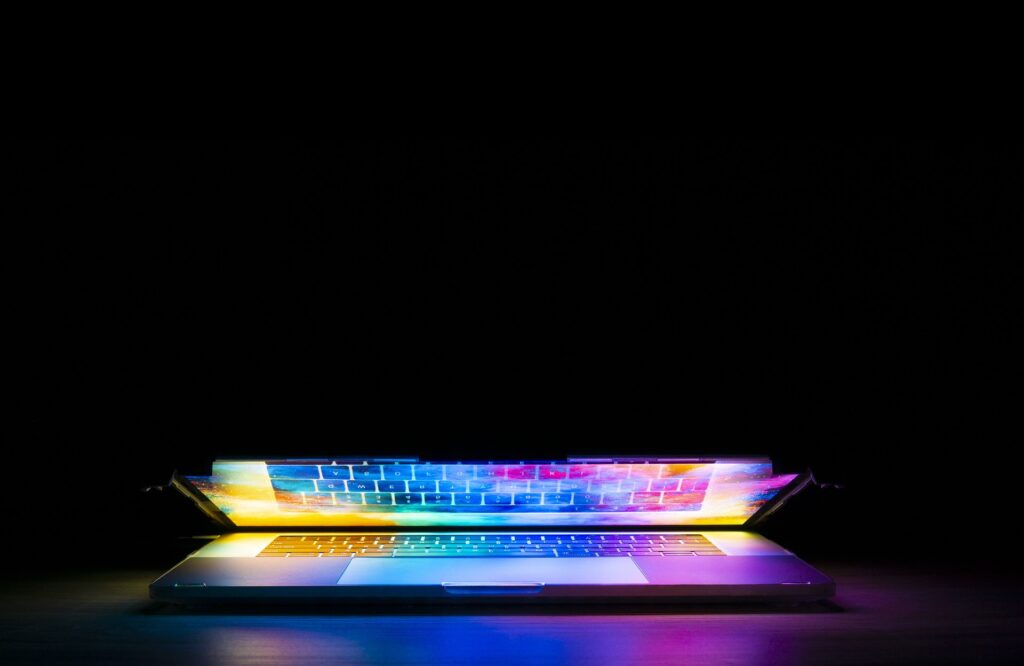
The most used operating system in the world is Android which runs on a Linux Kernel. It takes 42% of all OS market share, followed by Windows with 30%, Apple iOS with 18%, macOS with 6%, and Linux with barely 1%. However, if you look at other statistics, you will notice that Windows and Windows Servers are targeted way more by cyber criminals. The problem of why Windows receives so much bad attention is complex. This article explains why and what you can do to protect your Windows device.
Windows: The Most Lucrative Target
The first reason is rather simple. 99.9% of the time, hackers look for the most profitable target, and Windows has the most users. When writing code to exploit Windows devices, they expect to infect hundreds of thousands, if not millions, of users. Writing hacking software for Linux or macOS is nowhere near as profitable because their user amount is several times smaller in comparison.
We must take into consideration the lifespan of different operating systems. Microsoft Windows’ initial release date was 1985. Meanwhile, macOS came into being in 2001. During this time, cybercriminals got used to hacking Windows devices, and even though macOS or Linux hacking software appears regularly, these operating systems are much more secure.
There is a significant difference between Apple’s ecosystem, Windows, and Android devices. Apple has built a closed system limiting third-party software. For example, on its Apple App store, you cannot find third-party software that has not been verified by Apple and does not follow its strict software development principles.
Windows and Androids – on the contrary – allow and incentivize third-party app development. It’s not that they allow insecure software, but malicious programs still push through their defenses. Instead, these systems rely more on the user taking the initiative to protect their devices. Remember that even though Google allows much third-party software on its Google Play, Androids run on the Linux Kernel, which is by far the most secure operating system.
Even though Microsoft regularly releases effective security updates, it’s up to you to update your system on time and implement additional security measures. Here’s what you can do to improve Windows device safety.
Windows Security Software
Out of 300 polled hackers in the 2018 Black Hat USA conference, 26.7% said they broke Windows 10 system frequently, followed by 22.8% focusing on Windows 8.
Most identified as White Hat hackers and mentioned that social engineering is a highly successful hacking method. Social engineering does not require a Windows vulnerability because it attacks a person. For example, White Hats mentioned that poor password management allowed them to take administrative system privileges and continue breaking them.
Instead of using primitive passwords, it’s best to subscribe to third-party Windows password management software. It will store passwords in an encrypted Vault on a Cloud – a significant improvement. Suppose a hacker infects your device with spyware, and you store passwords in the Google Chrome browser. By default, they don’t have access restrictions, and cybercriminals will use them to steal your accounts or infect the device with more harmful viruses.
Simultaneously, Windows has unique vulnerabilities, especially in its proprietary software. Microsoft 365 has over 300 million users, and hackers target its users with Phishing campaigns. To protect yourself, subscribe to a reliable anti-virus that provides email scanning protection. It will block access to a fraudulent website even if you mistakenly click on an infectious backlink. Furthermore, most sophisticated viruses come with attachment downloads, and such anti-virus will immediately notice malicious code hidden within and neutralize it.
Lastly, keeping the most confidential personal data in an online Cloud is advisable. However, ensure your online Cloud accepts files in an encrypted form and uploads them only properly secured. Protected online Cloud servers are much harder to break than individual devices; simultaneously, you can access their data whenever you have an Internet connection, unlimited to a single device.
Conclusion
Windows suffers more cyber attacks than any other OS, but that doesn’t mean it’s a bad system. Windows requires more care and know-how, but once you master its security, you will remain safe online. Moreover, many renowned cybersecurity companies focus on Windows devices because they have the most users. Using this system, you can receive the best cybersecurity protection worldwide.

